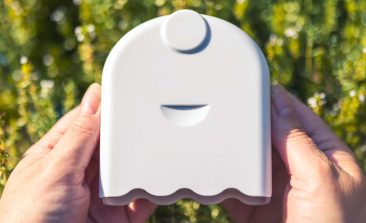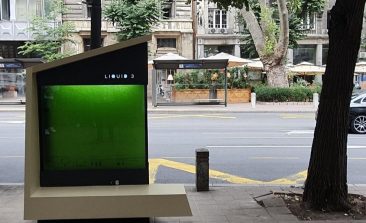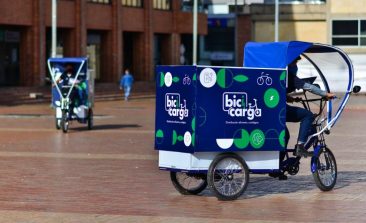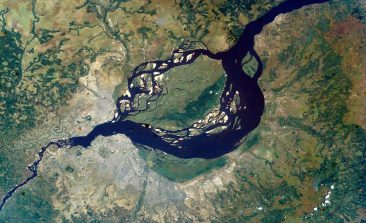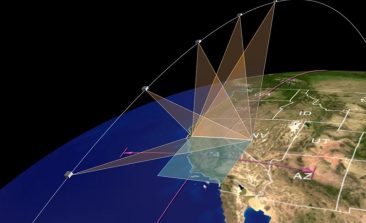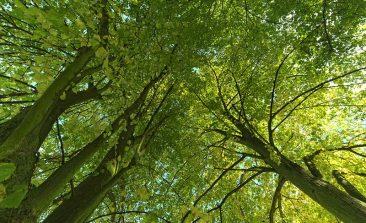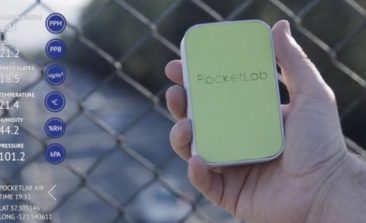Content to: Air pollution
Portable Sensor AirBeam Measures Air Quality—and Shares Its Open-Source Data
Are we really breathing clean air when we sit in our garden or local park? The portable measuring device AirBeam can answer this question—and thanks to its open-source data—also protects other people from the impact of air pollution.
Drone Light Shows Could Provide a Green Alternative to Dangerous and Polluting Traditional Fireworks
Fireworks have been causing havoc for humans, wildlife and the planet for centuries. Could drone light shows light the way for a greener alternative?
How Liquid Trees Could Help to Clean Up Our Urban Jungles
It might be desirable to live in the leafy suburbs, but for urban dwellers, green spaces may be few and far between. Microalgae liquid trees might provide an alternative.
Congested Bogotá Looks To Electric Bikes to Deliver Goods Quicker, Cheaper and Cleaner
Large delivery vehicles in the congested streets of Bogotá are contributing to thousands of deaths a year. Electric bikes are now being trialled as their replacements.
Cheap Sensors Provide Missing Air Quality Data in African Cities
Calibrated low-cost sensors in Kinshasa and Brazzaville provide new information on pollution and help scientists model a way to improve access to air quality data.
Using Satellite Data to Map Air Pollution and Improve Health
NASA scientists will be teaming up with epidemiologists in the agency’s first health-focused mission. With satellite data, they’ll find out how air pollution affects health in cities around the world.
BioUrban: Artificial Trees Look to Clean Up the Air in Our Most Polluted Cities
Artificial trees, such as the BioUrban 2.0, could be the future of clean air in sprawling, densely urbanised areas.
Hawa Dawa: AI for Clean Air in Your City
The growth of cities is a cause for air pollution concerns - but raising awareness about something invisible is a challenge. Hawa Dawa might just change that.
This Gadget Allows You To Easily Measure Air Pollution
Anyone can become a citizen scientist and do their bit to improve local air pollution with the help of the PocketLab Air.
